Very interesting book about the emerging markets, technologies and economies that will shape the next century. Very simple, well written and easy to follow.
Very interesting book about the emerging markets, technologies and economies that will shape the next century. Very simple, well written and easy to follow.
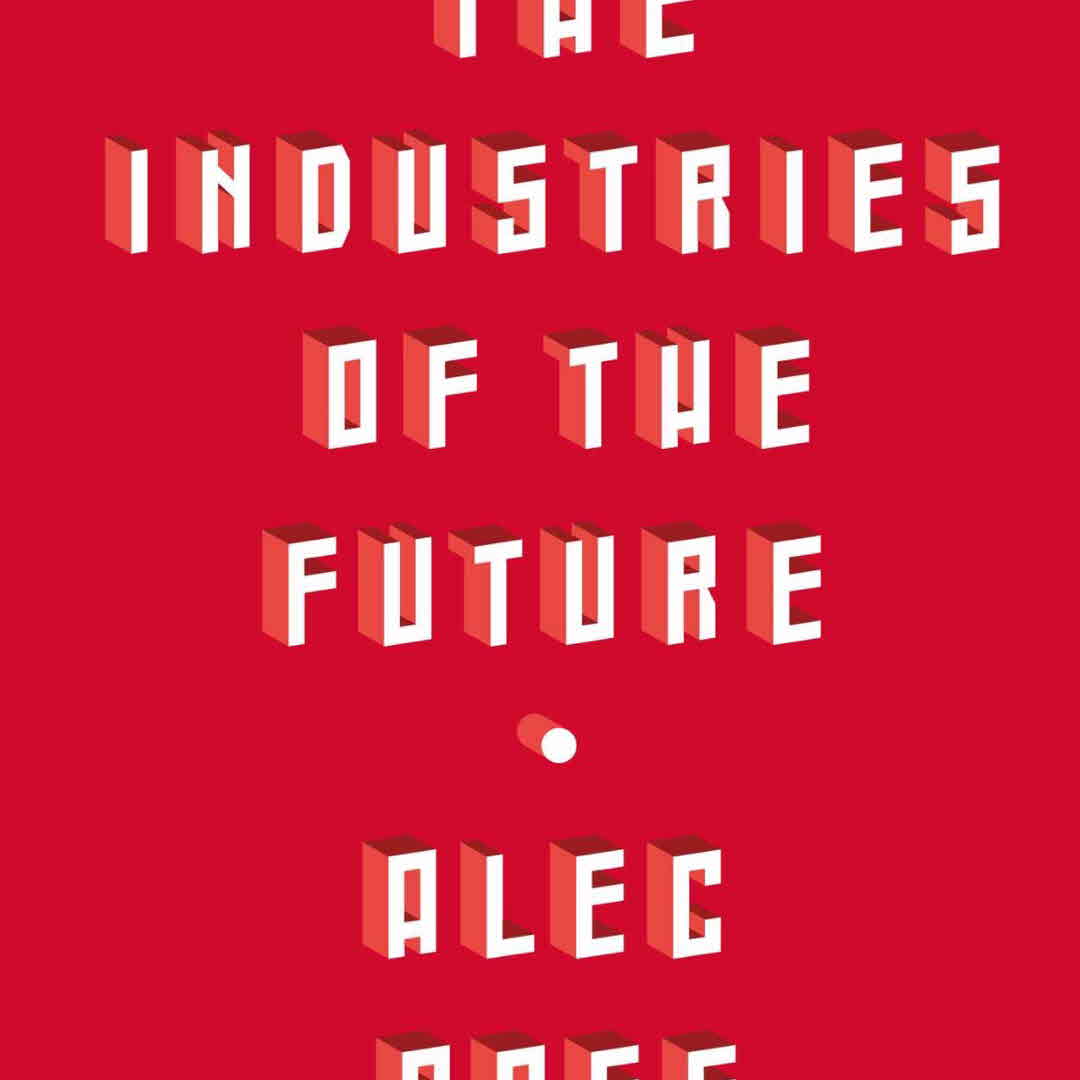
A crazy but factual look into the future.
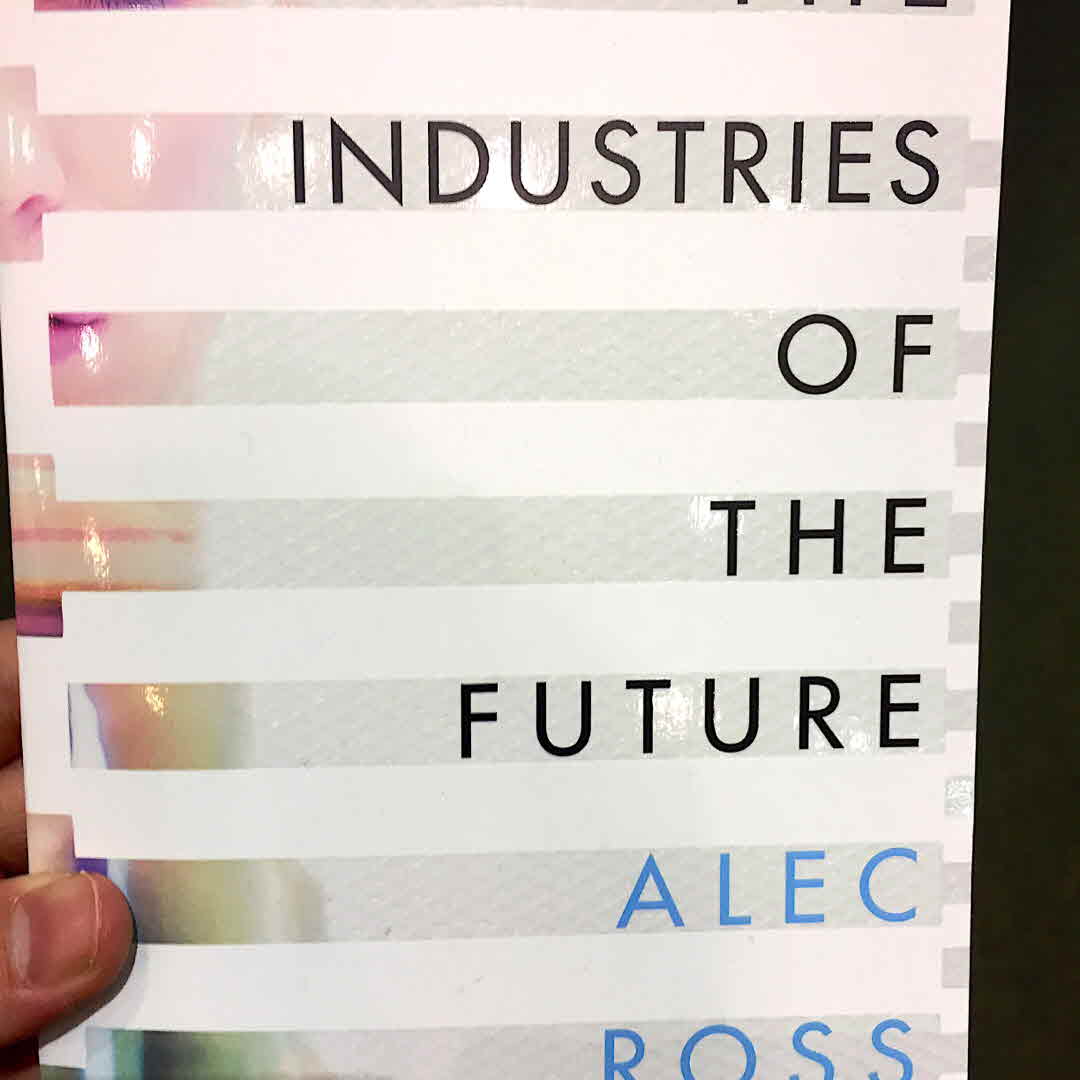
#TBRtemptation post! A former senior advisor to Secretary Clinton and highly admired by Google's chairman, Ross has had unprecedented world-wide access in learning about cutting-edge technologies. He looks at robotics, cyber-security, genomics, big data, digitization of money & markets, & extrapolates trends for the next decade. He takes complex science & economics and molds it into plain-speak. Sounds fascinating! #blameLitsy #blameMrBook 😎
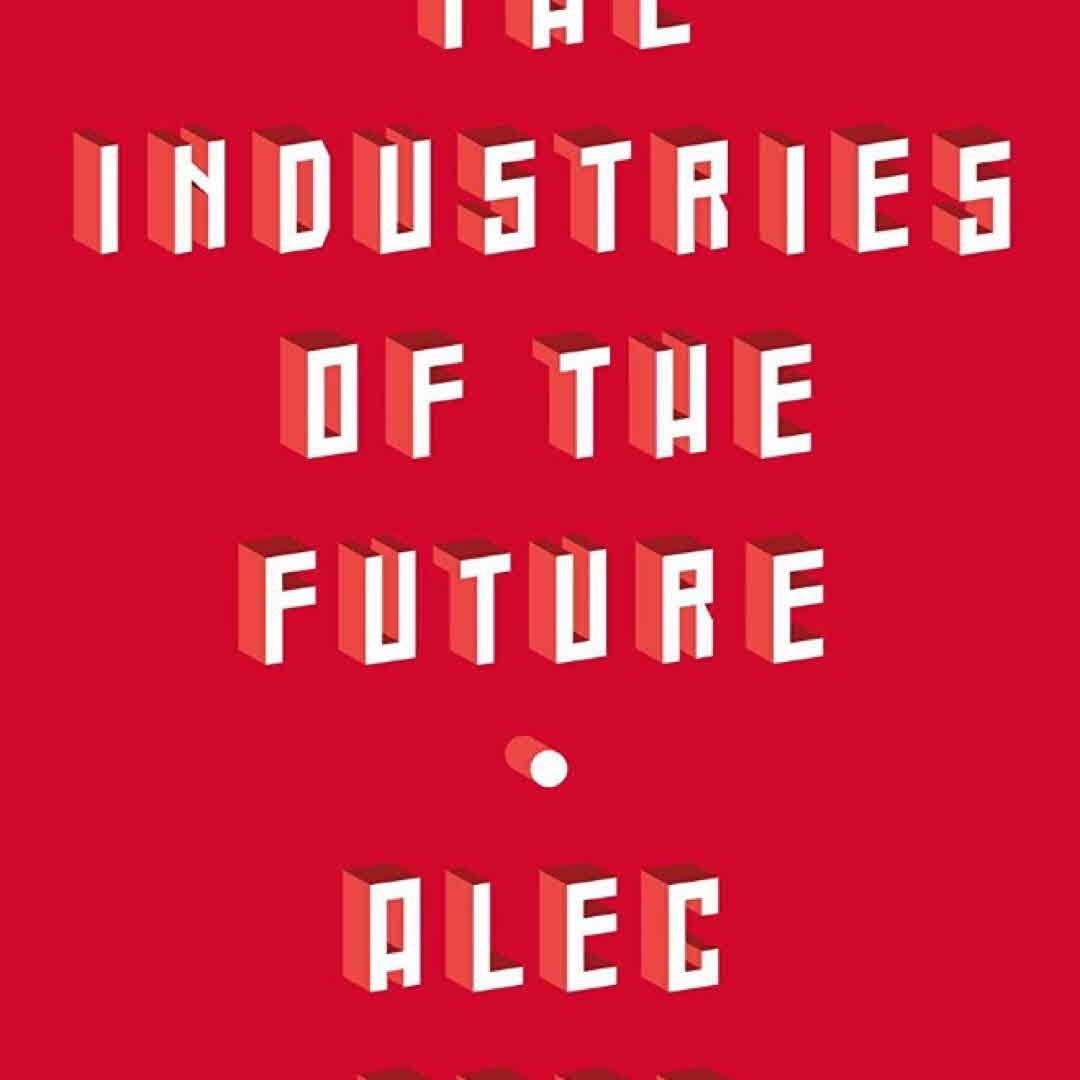
I've been telling a bunch of my friends to read this book. I found it interesting and an easy read for even non-tech /biz oriented folks to enjoy. His personal narrative flows nicely. His government background enriches his global perspective moreso than an esoteric / economist / futurist or optimist view. I know that's a lot of ists!
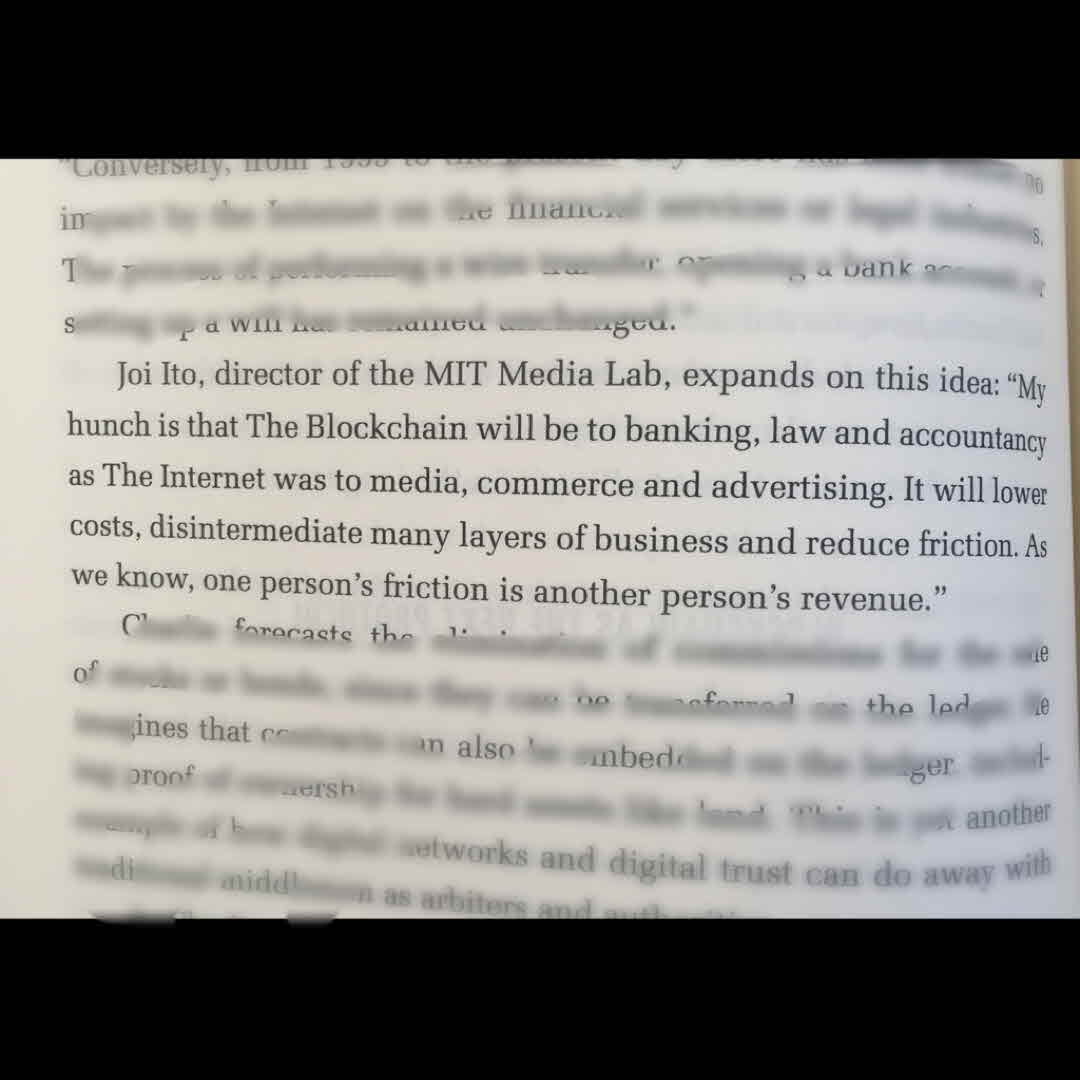
Cryptocurrencies demystified in one chapter! Lol. Bitcoin! Litecoin! Ripple! This book is fun to read. We've covered: Robotics, Genetics, Code-ification of money and the Sharing Economy. Alex makes the subjects digestible by focusing on current political, ethical and scientific trends. Good stuff!

The first hacker Nevil Maskelyne intercepted John Fleming and Marconi's demo of morse code via telegraphy back in 1903. He intercepted and changed the communication to insult Marconi and read "there was a young fellow from Italy, who diddled the public quite prettily." Ha!
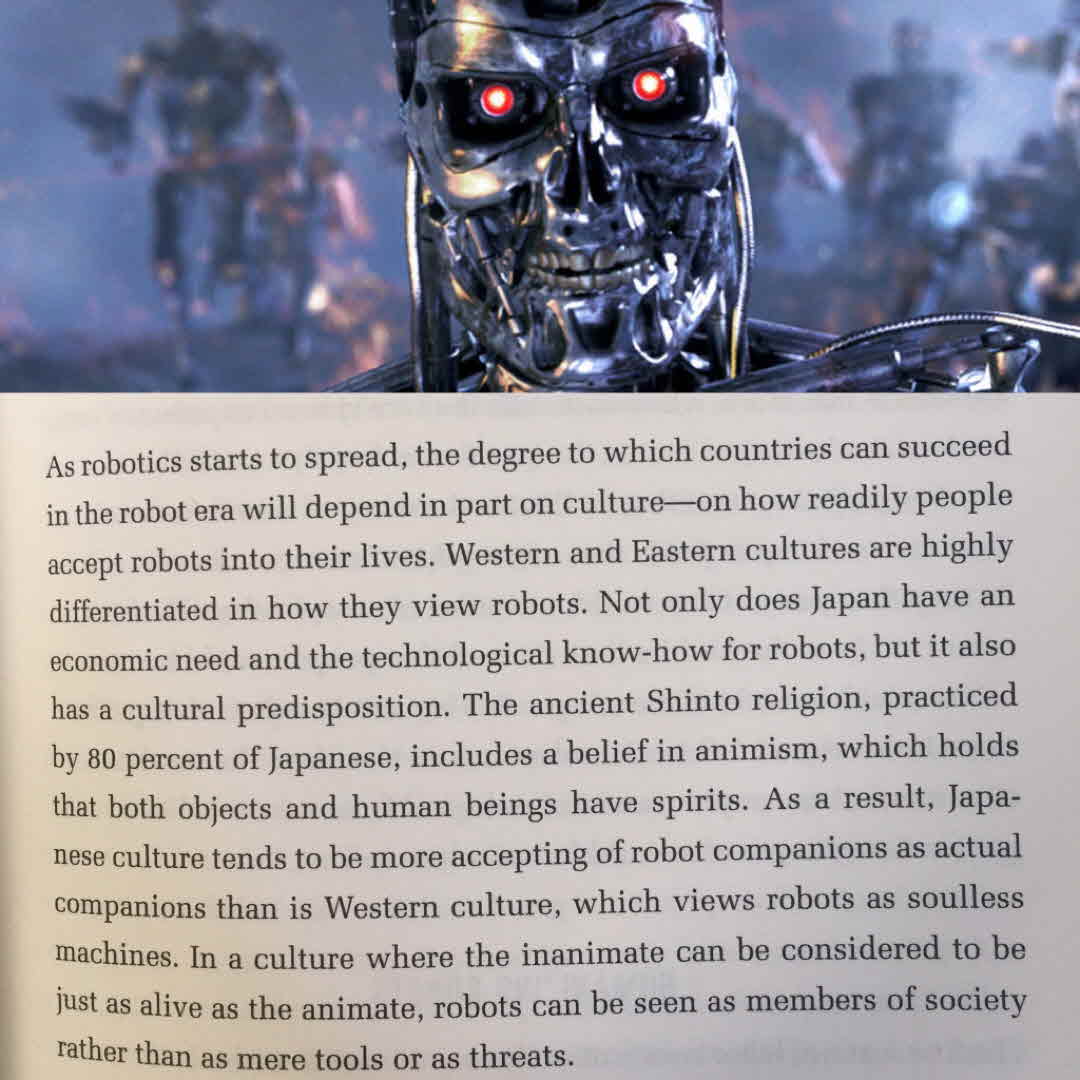
Interesting how Western culture has a history of fearing robots. Just like terminator, we fear the ability for robots to reach singularity ( when artificial intelligence matches or exceeds human intelligence). Loving this book discussing the potential impact of emerging tech and industries.
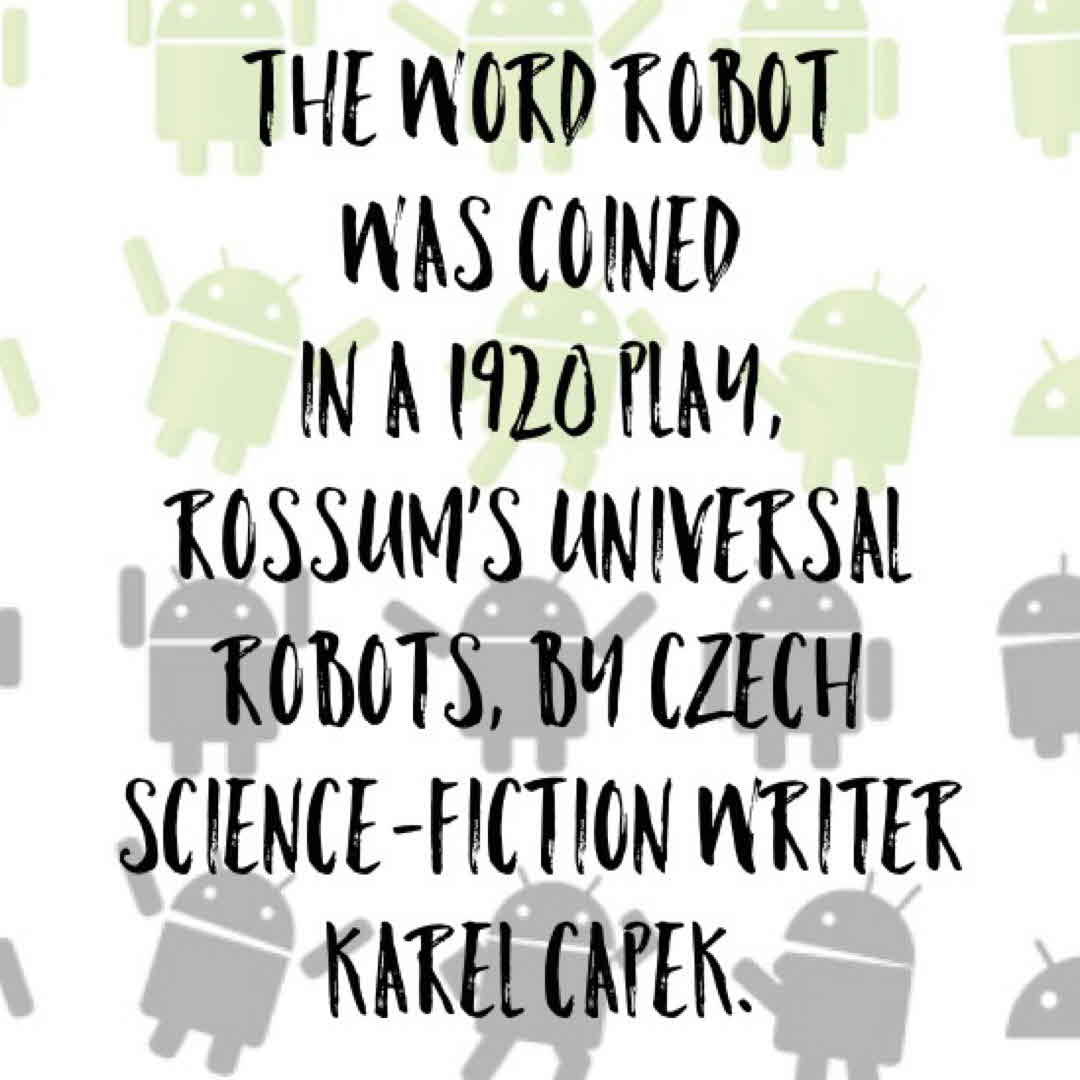
Robot derives its etymological roots from two Czech words, rabota ("obligatory work") and robotnik ("serf"), to describe, in Capek's conception, a new class of "artificial people" that would be created to serve humans.
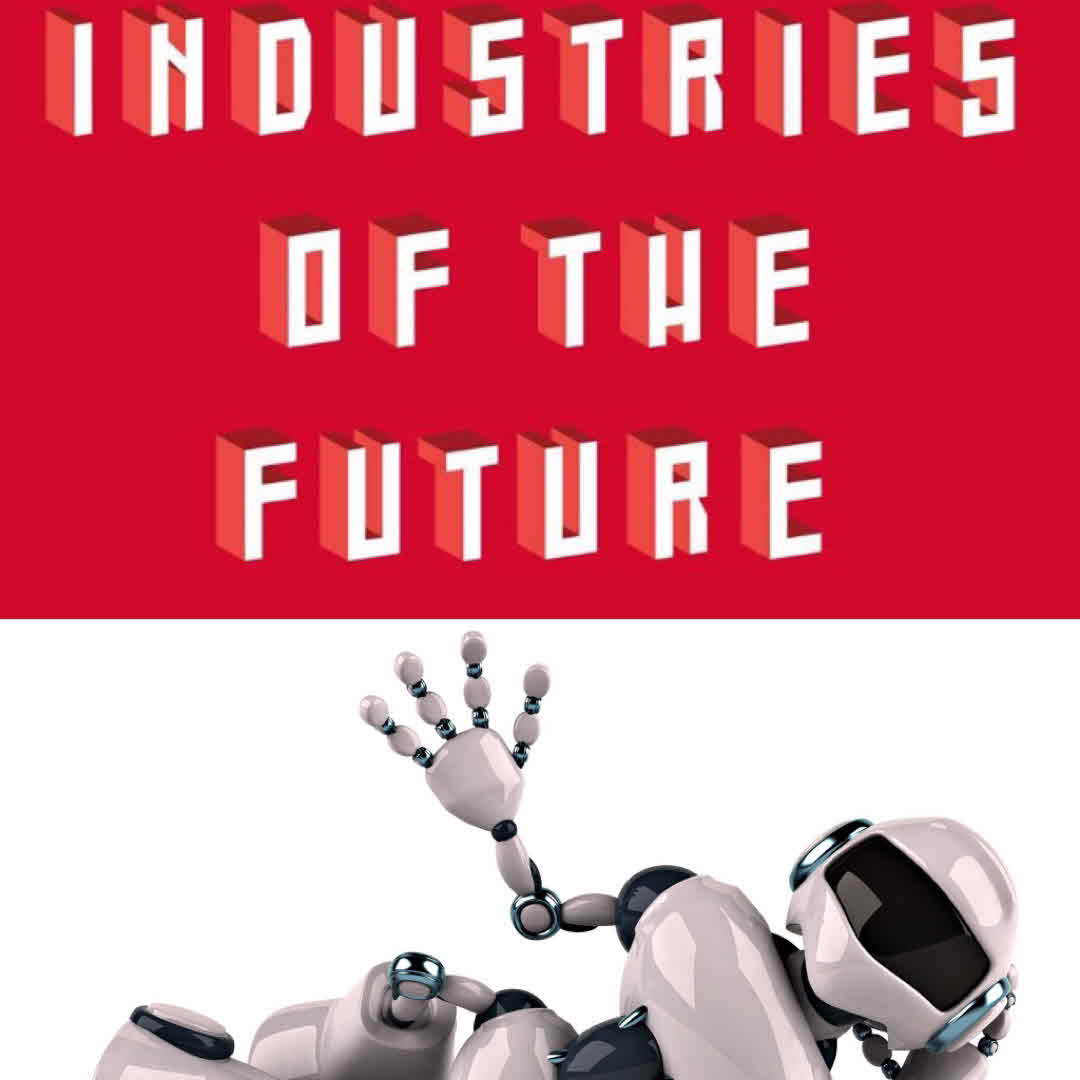
Can't wait to dig into my new book about what types of technologies and trends will affect our future. Topics range from robotics to AI, big data to genetics, cyber security and more. I'm sure I'll be obsolete in the future and hopefully haven't been turned into soylent green.
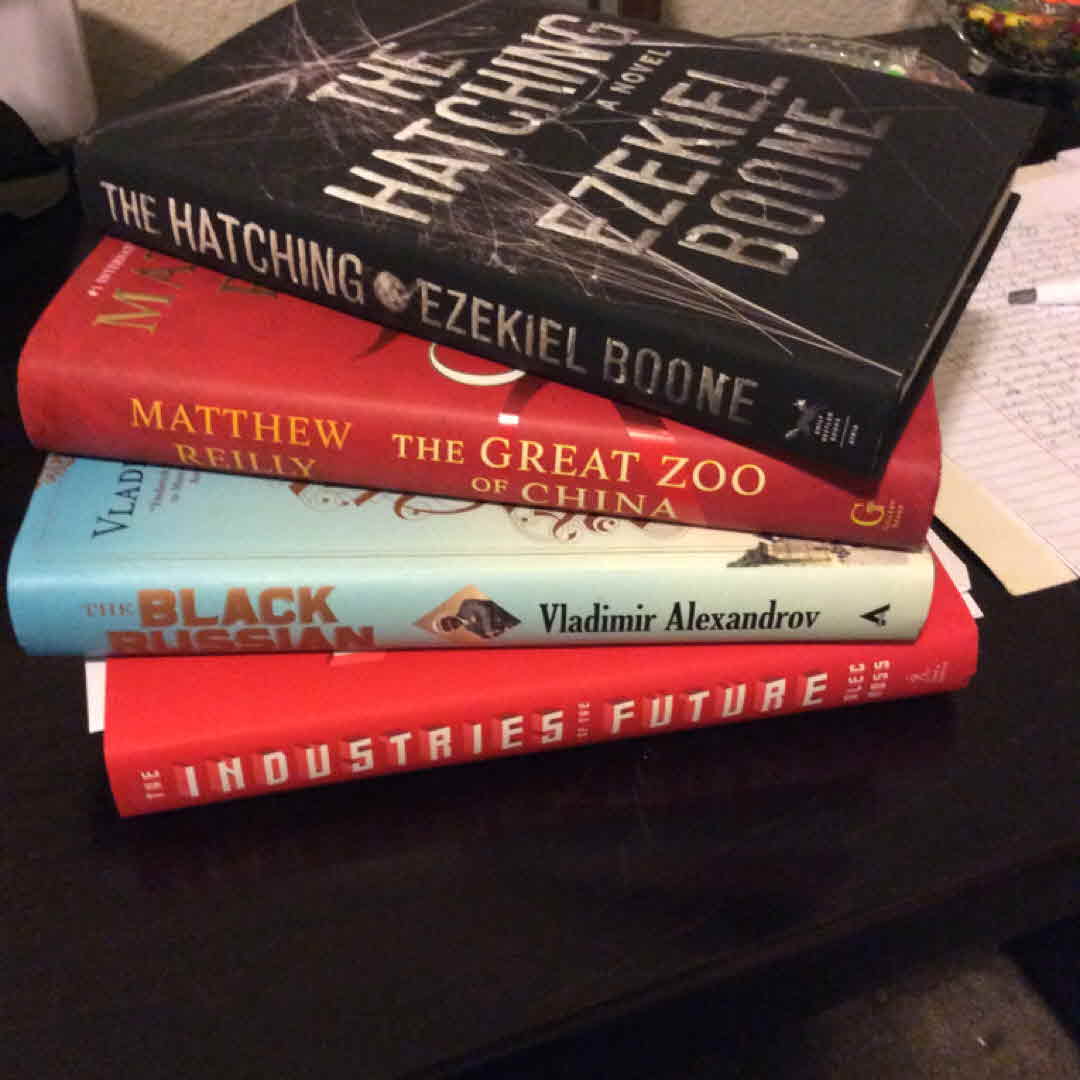
Can't wait to get started on my new books.Which one first?